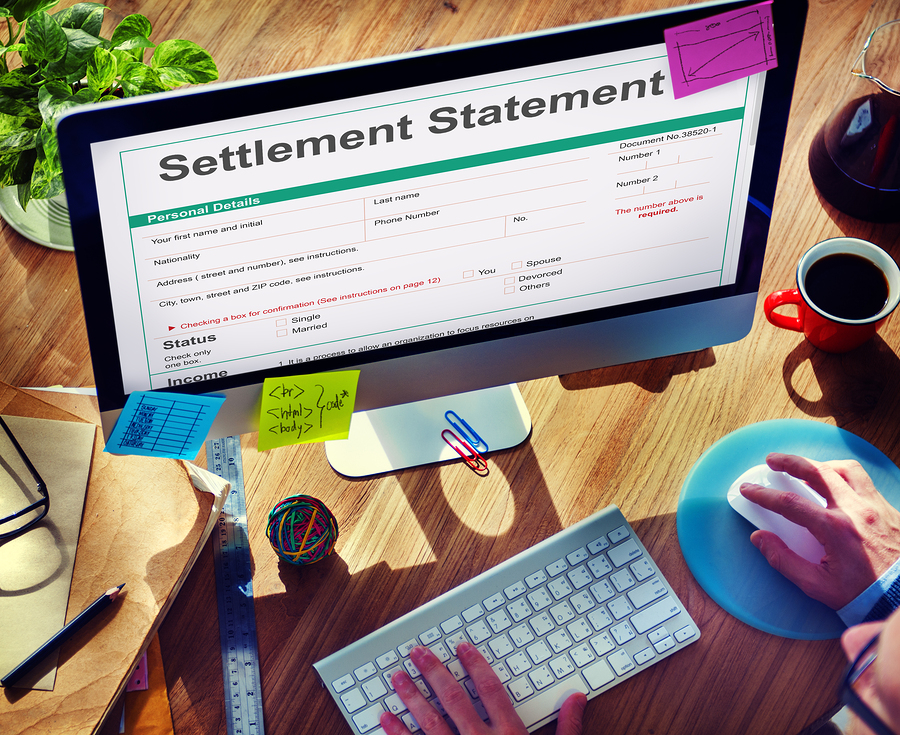Debt Settlement vs. Debt Consolidation
If you find yourself buried in debt, it’s important to learn more about both debt settlement and debt consolidation. The information you collect will help you decide what to do next, hopefully putting you on track to reducing your debt and improving your finances.
Debt settlement and debt consolidation are two very different things. Here’s how:
- Debt settlement: this is the act of negotiating with your creditors with the idea of settling your debt for less than what you actually owe. For example, if you have a $10,000 medical bill, you can offer to settle it for a lump sum payment of $5,000.
- Debt consolidation: this entails bringing some or all of your debt under the same roof with the idea of saving on interest and paying off your balance in a timely manner.
Comparing the pros and cons of each strategy will allow you to decide which option is best for you. Let’s start by examining the benefits of debt settlement:
- Potential to pay the creditor less than the total amount due
- Opportunity to repay your debt sooner than expected
- Instant relief
On the downside, you can expect debt settlement to damage your credit score. It’s not as damaging as a bankruptcy filing, but it will cause your score to take a hit.
Tip: if you already have poor credit, you may not notice much of a difference in your score after going through debt settlement.
Now that you have more knowledge of how debt settlement works, here are some benefits of debt consolidation :
- Lower interest rate
- Lower monthly payment
- Opportunity to make fast progress in paying down your debt
- Potential to better organize your debt by eliminating some monthly payments
If you’re interested in debt consolidation, there is more than one way to get started. The most common strategies include:
- Balance transfer credit card
- Personal loan
- Home equity loan
A balance transfer credit card is perfect for consumers who have debt spread across several credit cards.
A personal loan gives you access to money that can be used to payoff any and all types of debt. Upon doing so, you’re left with one balance.
A home equity loan is similar to a personal loan, with the primary difference being that your home acts as collateral. As a secured loan, you can expect this type to have a lower interest rate than a personal loan (which is unsecured).
How to Make Up Your Mind
As you compare debt settlement and debt consolidation, pay close attention to the benefits, potential drawbacks, and the process for moving forward.
If you’re struggling to make up your mind, here are some questions to answer:
- How much debt do you currently have?
- What type of debt are you carrying?
- What is your credit score?
- Will you qualify for a balance transfer credit card or loan?
When you combine the answers with comprehensive knowledge of both debt settlement and debt consolidation, you will find yourself in position to make an informed decision that should improve your financial health.


Related Posts :
Top Sources for Debt Consolidation LoansThe Top Benefits of Debt Consolidation and How to do It
How to Make Debt Consolidation Work for You
Interested in Debt Consolidation? Answer These Questions
What are the Benefits of Debt Consolidation?